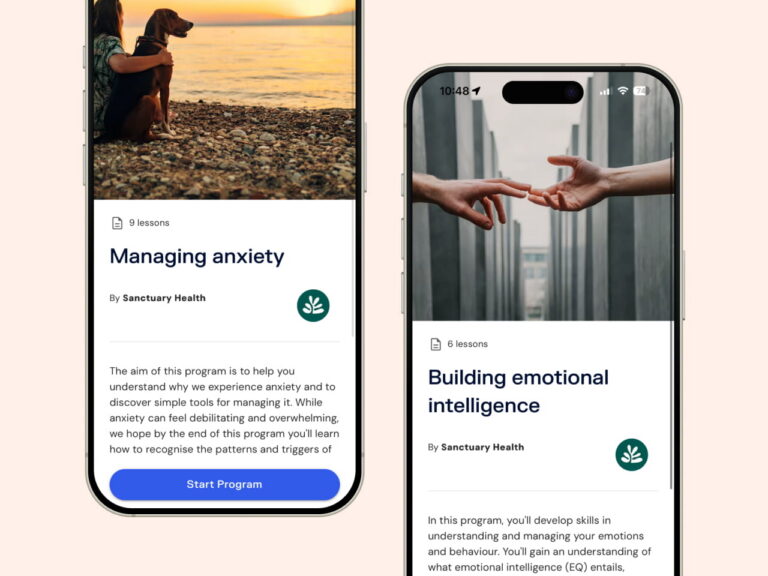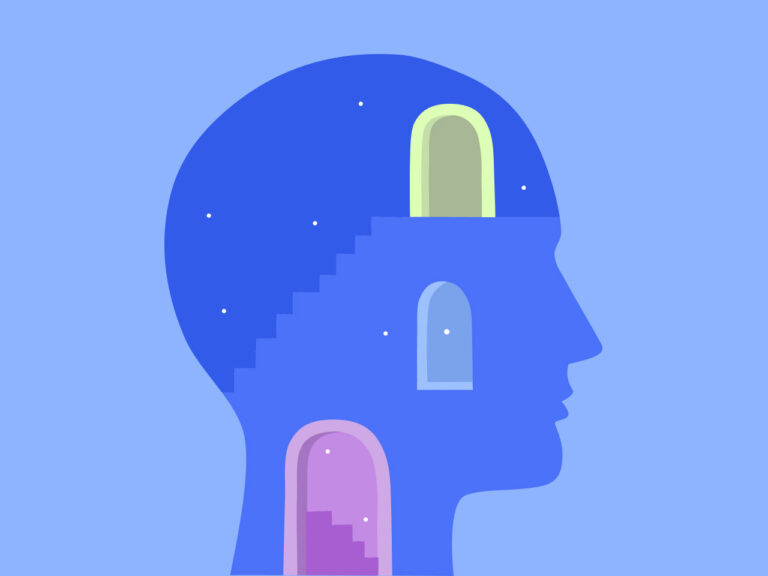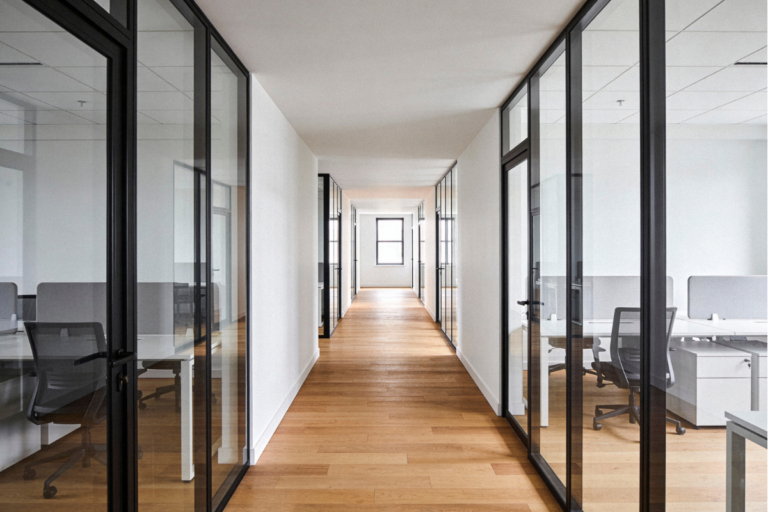For organisations across the world, 85% of costs are absorbed by their people. Talent is the “make or break” of an organisation, so an inclusive, supported, and healthy workplace just makes good business sense. To hear how some leading organisations are approaching wellbeing as a strategic priority, we recently attended the Wellbeing at Work ANZ Leadership Summit. Read on to find out our key takeaways.
“The old rules are no longer relevant and the new rules are still a work in progress.”
Lawrence Mitchell
CEO, AU/NZ/Asia Pacific, Wellbeing at Work
Work should enhance wellbeing, not detract
Throughout the afternoon, all speakers agreed on one thing – it’s time to make wellbeing top of the agenda in boardrooms across the world.
Francine Boyes (Global Organisational Development Director, Blackmores) talked about the need to avoid one-size-fits-all models of wellbeing, which was the approach of the past, and is simply not cutting it anymore. Programs need to have higher flexibility and personalisation to accommodate for individual needs.
Surprisingly, Breckon Jones (Head of Talent, Deloitte), noted that in his time as a leader in HR, disappointingly, he hasn’t recognised a significant evolution in workplace wellbeing in over 20 years. He’s looking to make an impact by drawing on Indigenous cultural wisdom through 80,000 years of Australian history in how people work together. In particular, job design and how roles evolve through the employee lifecycle, starting in the recruitment phase. This approach will help to encourage people to work at their best as well as having time to focus on their wellbeing.
Deloitte’s approach has four pillars:
- Voice: Ensure Indigenous voices are heard
- Treaty: Grow Indigenous business
- Truth: Make the change together
- Country: Learning to live in harmony with the land.
Enacting this strategy has already paid off in substantial new projects, in innovative ways of working and collaborating across Deloitte’s business.
It’s a far more holistic, and dare I say, ‘out there’ concept around wellbeing and wellness than I think most organisations are considering. But we’ve got to think about it right now, because in 5 or 10 years’ time if we don’t, people aren’t going to come and work for us.
Breckon Jones
Head of Talent, Deloitte
Pre-pandemic, organisations talked about wellbeing in relation to health and lifestyle, but over the last two years, it’s moved to a conversation about mental health (Chris Green, CEO, Hungry Jacks). Upon recognising this, Green noted that one of the most important initiatives was mental health first aid training across the organisation – an initiative he wishes he had implemented four years earlier.
Prioritise listening …. beyond annual employee surveys
Organisations in the current day are drowned by data. Employee surveys are often a standard part of the annual calendar for HR, but often, we see that employees are less likely to share how they really feel in formal (albeit anonymous) forums, meaning the data organisations receive is stated data, rather than revealed (genuine) data. Jones (Deloitte) spoke passionately about the importance of listening. Acknowledging that whilst survey responses are valuable, Deloitte relies on a career bot that acts as a listening tool, logging 80,000 conversations per year. Deloitte has recognised that insights from free text are often more genuine and insightful – giving organisations real opportunities to take action.
Boyes talked about how Blackmores are using Qualtrics and Sonder to dig into their team’s data, no longer relying on lagging data provided by EAP. By accessing real-time data on their team’s wellbeing, Blackmores are able to identify lead indicators or specific problem areas across the different areas of the business. Boyes noted that Qualtrics has released data that has implied that their wellbeing has increased by 13% in the past year. This is a positive sign that Blackmores’ move to focus more on the mental, physical and general wellbeing of their people is making a difference.
It was widely recognised that to encourage feedback and sharing within an organisation, employees need to see that their feedback is actioned, which in turn creates a culture of openness and trust.
Avoid the talent vacuum by realigning your approach
Prospective employees have rising expectations. It’s a talent-driven market and conscious listening will be important to overcome the vacuum. Brand pride, gym memberships and health insurance policies are no longer enough to attract people to an organisation.
It’s no longer about free bananas and step challenges.
Breckon Jones
Head of Talent, Deloitte
According to Jones, your organisation should be ready to answer the following questions:
- How are you coaching your leaders to be conscious of the pressure they place on their teams?
- How do you encourage work-life balance?
- What do you do for your people to encourage wellbeing?
- Do you have a culture which is respectful of people’s time and priorities?
Build trust. Take action.
Trust was referred to across each session and was unquestionably one of the key ways to build and maintain a strong organisational culture. On the flip side, a great culture was recognised as a way to earn trust.
Fostering a great culture brings a feeling of trust and respect which itself enables wellbeing.
Luke Baylis
Co-Founder, SUMO SALAD
Employees report that their managers are often their first port of call when it comes to seeking support – therefore organisations need to work harder to build more empathy in leaders to ensure every interaction related to team wellbeing is a successful one.
Chris Turner, (Head of Workplace Relations, McDonald’s) discussed their internal style of community management across internal social media platforms, allowing team members of all levels to engage in, and facilitate discussion. This peer-to-peer approach builds trust, and many leading organisations employing a younger workforce have adopted such platforms to help build higher levels of engagement.
Building trust can be achieved by showing employees that their wellbeing is important to your organisation. This can be achieved by ensuring that people have access to proactive, reactive and preventative support that’s easy to access.
Get proactive in order to meet the expectations of the next generation
As the Australia’s largest employer of youth, McDonalds have recognised that 18-25 year olds today have an increased sense of purpose. Gen Z are on the lookout for an employer that is there to look after them, their community and their world. It is more important than ever that diversity, wellbeing and flexible working policies are at the forefront of recruitment materials, conversations and interviews.
Foster resilience
We don’t know what is around the corner. Encouraging and teaching resilience now will pay dividends in the future. Dave Watson (Head of Enterprise, Sonder) shared his perspective that building resilience used to be the responsibility of the individual, but now it’s also critical for the employer.
Encouraging teams to “bookend” their workdays with social, family or wellbeing activities was one suggestion to avoid burnout, but Baylis (Sumo Salad), also suggested that encouraging social time within working hours can break down silos by pairing together unlikely duos and encouraging open conversation. This in turn fosters a more connected, collaborative working environment as well as gives people the opportunity to hear new perspectives.
Boyes (Blackmores) described their approach to “building the resilience muscle” as follows:
- Create a genuine feeling of belonging – diversity is more critical for engagement, attrition and retention than ever before.
- Give back – ensure your teams know what your organisation is doing for the greater good and what they can be doing as individuals.
- Be preventative, not reactive – set processes in place to treat wellbeing from it’s source.
- Do not take a ‘one size fits all’ approach – from the recruitment phase find out what your people need for their wellbeing and look to personalise programs.
Summary
Whilst many businesses have made improvements in their approach to organisational wellbeing, there is more to do, and we need to keep evolving to meet the growing demands of our current and future workforce. Some metrics have improved and others have worsened, as our working environment continues to evolve. We need to keep listening, we need to continue to foster resilience, and we need to maintain our efforts to improve diversity and inclusion metrics across the board. Together, we can make a healthier, happier and more productive workforce.
About Sonder
Sonder is a technology company that helps organisations improve the wellbeing of their people so they perform at their best. Our mobile app provides immediate, 24/7 support from a team of safety, medical, and mental health professionals – plus onsite help for time-sensitive scenarios. Accredited by the Australian Council on Healthcare Standards (ACHS), our platform gives leaders the insights they need to act on tomorrow’s wellbeing challenges today.



